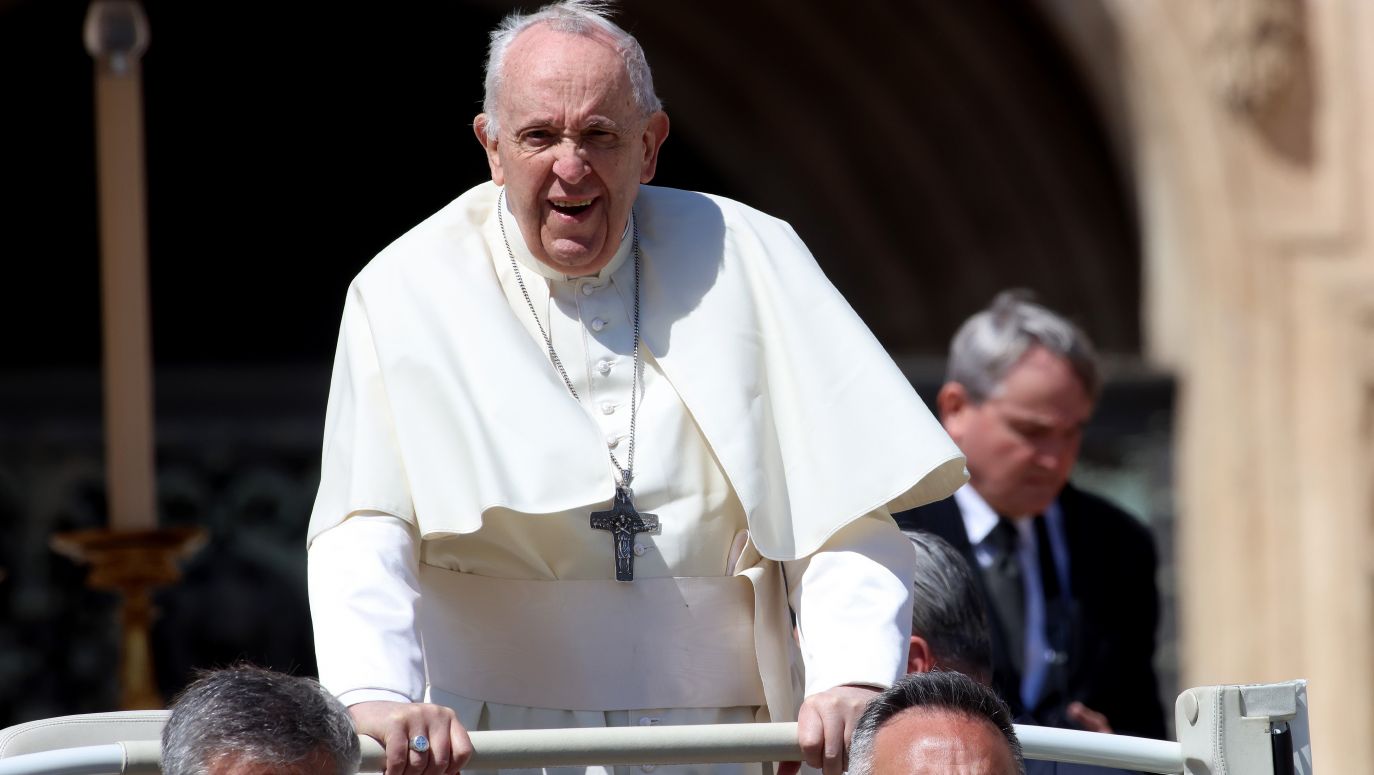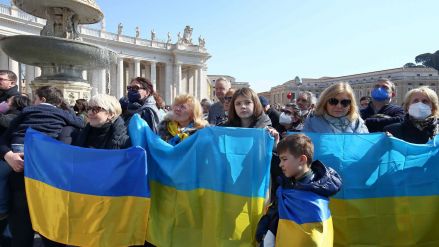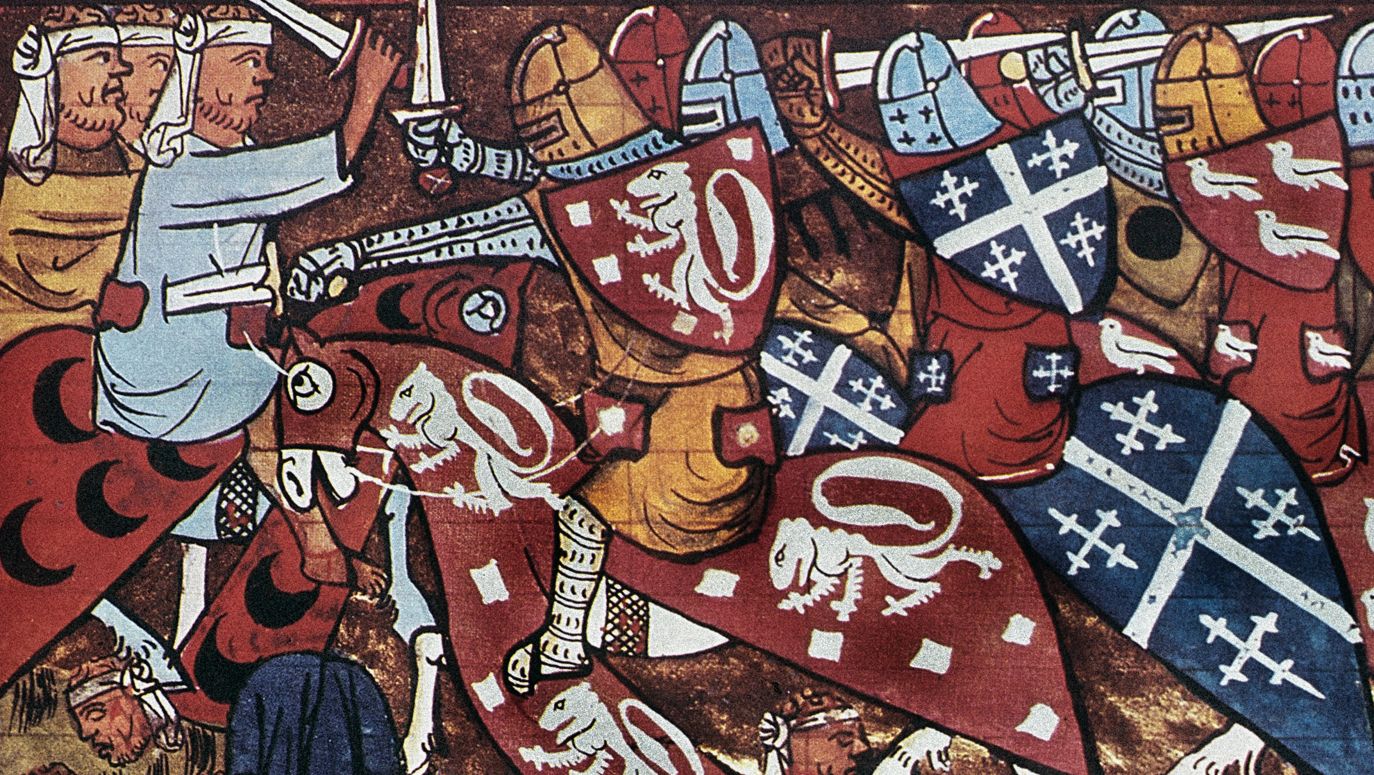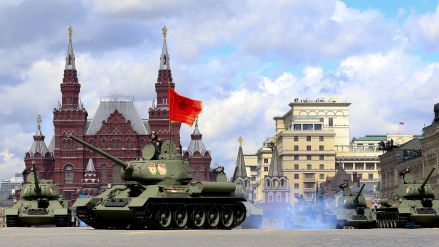On February 24, the forces of the Russian Federation crossed, unprovoked, the border with Ukraine. Someone invades, someone defends and global sympathy is with the defender. It is obvious that the defender has a right to defend his territory and citizens. But in the Vatican, and especially in the view of the Holy Father this is not that cut and dried, even though the Catechism of the Catholic Church does allow the right of self-defence under specific circumstances.
Only on Sunday, February 27, Pope Francis during the traditional Angelus prayer on Saint Peter’s Square referred to the war in Ukraine thus “Whoever wages war, forgets humanity. He doesn’t start from the individual human being, doesn’t look at he concrete details of individual life but supports above all the particular interests of authority. He submits himself to the diabolic and perverse logic of weaponry which is at the furthest from the Will of God and distances himself from the ordinary people who thirst for peace.”
 WAR IN UKRAINE
WAR IN UKRAINE 
The faithful listeners of the Pope could be forgiven for thinking that the one “who wages war” is in fact Russia. But an online meeting was swiftly called between the Pope and the Patriarch of Moscow, Cyril I. The transparency of the declaration for some at least, underwent a degree of obfuscation; for others, clarification. Media sources related that the Pope was to have said to Cyril amongst other things “People pay the bill for war, they are Russian soldiers and the people who are bombarded and who die.”
The Pope presented the theory that the eternal doctrine of the Church was to change. “ As shepherds, we have a duty to be close to people and help all who suffer as a result of war. At one time, even in our churches we spoke of holy war and a just war. Today that is not possible. The Christian view of the meaning of peace has undergone a change.”
We must add that the hierarchy of suffering established by Russian soldiers and continued by civilians has been expanded by the Pope. This was uncertain if this was as the result of criticism of his talks with Cyril I. On March 18 in the Papal Congress ‘Gravissimum Educationis’ the Pope stated “ We are talking about education, but as we talk we think about the children and young people. Let’s pause and think about the soldiers so many of whom are sent to the frontline. Poor Russian soldiers. Let us think too about Ukrainian soldiers who are so many and so young, about townspeople, young people, young women boys and girls… This is happening close to us”.
This time, apart for the plight of poor Russian soldiers and civilians, eliciting the Pope’s sympathy some sympathy was found by the Pope for Ukrainian soldiers. Perhaps the civilians are Ukrainian too, as Russian territory is not undergoing bombardment,
The Pope avoided adding Ukrainian soldiers to the list of war victims as during the statement he added “A society or nation that is attempting to defend itself by force is damaging other societies and nations and becomes a source of injustice and violence. Destruction is an easier path to adopt, but leaves only ruins behind. Only love can save the human f family.”









